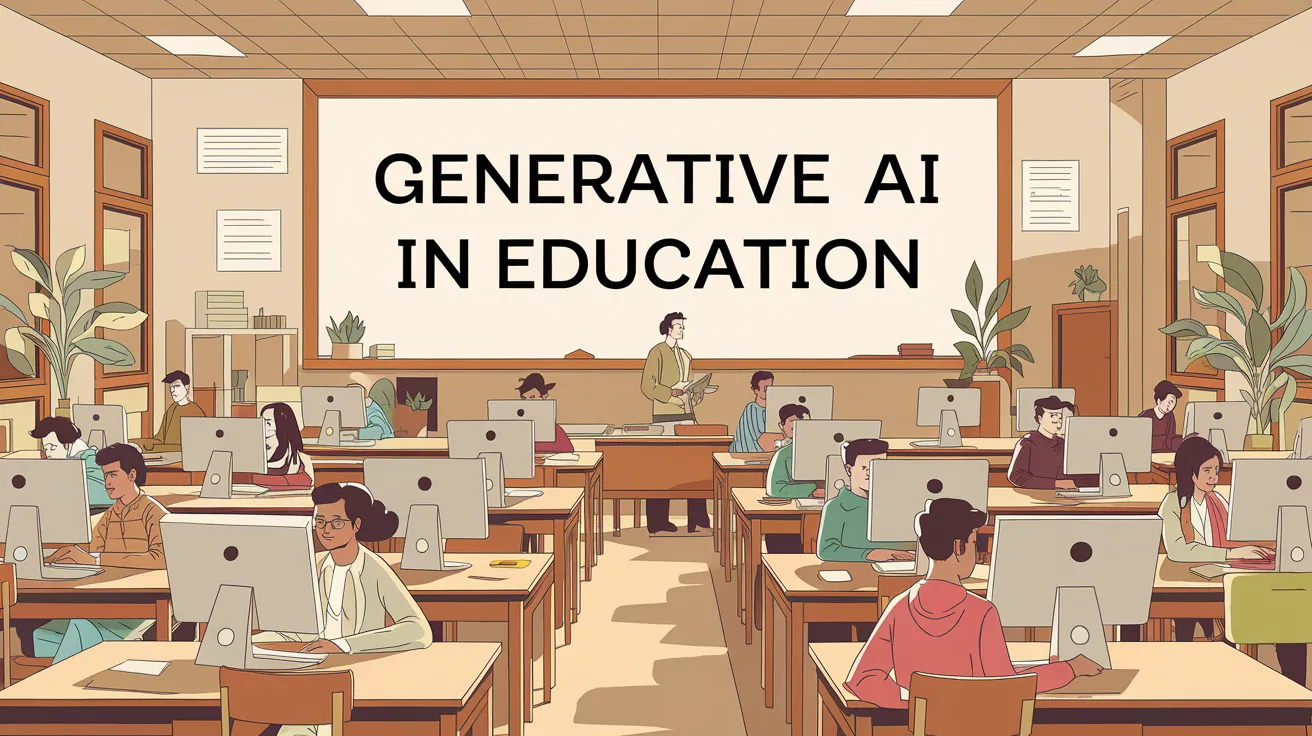Generative AI in Education

In the evolving landscape of education, the integration of technology, particularly generative artificial intelligence (AI), has gained traction, especially among educators like Lyndsay Munro. Embracing this cutting-edge technology, Munro has transformed her teaching methodology within the University’s College of Agriculture, Biotechnology & Natural Resources, specifically in the Department of Biochemistry, Molecular Biology & Biotechnology. This shift not only signals a new era for students but also highlights the effective application of AI in enhancing student engagement.
Reimagining Biochemistry Through AI
Munro’s teaching philosophy is firmly anchored in the question, “Where are the students, and how do I meet them there?” This guiding principle has driven her to innovate within large classroom settings, where she often teaches upwards of 300 students. To create a more interactive learning experience, she developed a custom AI-powered chat tool that relies on her lecture notes. Rather than providing direct answers, this tool facilitates problem-solving by encouraging students to navigate challenges on their own. The results were promising, with over 3,000 conversations generated throughout the semester, showcasing a high level of student interaction.
“They loved having an anonymous, always-available tutor,” Munro remarked, indicating a positive reception from her students who appreciated this resource.
Podcast-Style Learning for On-the-Go Education
In addition to the chat tool, Munro has innovated audio learning methods by transforming her lecture notes into a podcast format. Utilizing NotebookLM, she created dialogues resembling a radio show, allowing students to immerse themselves in scientific discussions while multitasking. The latest version introduced an interactive element, enabling students to ‘join’ the conversation—an innovative step that seeks to cater to various learning styles. Munro’s ambition is clear; she aims to meet the diverse needs of her students and harness the power of AI to make learning more accessible.
Integrating AI in Academic Paths
With a teaching role that includes instructing a challenging four-credit biochemistry course for approximately 100 students, Munro is eager to apply her AI tools to foster student success. While recognizing the challenges that AI presents in educational contexts, she underscores the importance of focusing on innovative learning opportunities: “AI has its challenges, but focusing only on the negatives means missing opportunities to deepen learning. It challenges educators to rethink how to engage students so they can learn differently and more deeply.”
A Journey from Industry to Academia
Munro’s pathway to academia began with a solid foundation in chemistry, earning her bachelor’s degree from the University of West Florida, followed by industry experience as a customer liaison chemist at Cooper Standard. However, her desire for more direct engagement in scientific inquiry led her to pursue higher education. Encouraged by an advisor, she applied to the University of Nevada, Reno, for doctoral studies, where her experiences as a teaching assistant illuminated the potential of a career in education.
Today, Munro plays a dual role—teaching and serving as a faculty liaison for academic standards through the Provost’s Office. Her involvement in AI initiatives extends beyond the classroom, as she collaborates with various departments to develop an AI certificate program, showcasing her commitment to leveraging technology for educational advancement.